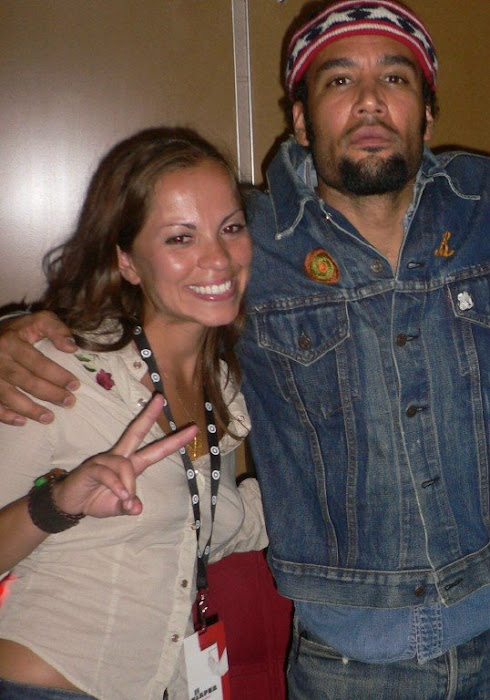After finishing a lesson, I often wonder if it went as planned? Did the students get out of it what I had planned? After reading "Cognitive Views of Learning," I found that at least I've been on the right track.
I once heard or read that people need to see a tv commercial three times in order to remember it. As a middle school English teacher, I thought this was genius! I had to try it in my classroom! While I didn't repeat every word I said three times (I think I would go crazy), I did repeat important terms, definitions or strategies, and even directions. This works great with some students. After hearing something three times, some students start laughing, some start repeating, and some start asking why I am saying it... again. While I am not a parent, I can defnitely understand what the parent of a middle schooler has to understand... these children have selective hearing. My job is to turn it on. In order to make sure they "turn on" their hearing, my lesson's always begin with a "do now". My goal is to make the "do now" the attention grabber. I try to make it interesting for them. Usually, I ask them questions about the previous day's lesson or something relevant to the homework. Most students love answering questions about themselves. In English class, this is fairly easy to do. Students can compare themselves to the character's life, situation, etc. However, it might become a bit redundant as well if they were comparing themselves to a character in every do now. What I have found over the years that the kids love is getting off topic. They think they're getting away with something. So, now and then, I will purposely go off topic. I don't plan too much of it, but I do think of a story, tv show, movie or song that might get the students talking and involved with the lesson. Ten minutes of being "off topic" seems like a long time to them. When I get them back on track, they seem so much more relaxed. They feel like they got away with something.
Another technique that is important in cognitive learning is scaffolding. As long as I have been teaching, building upon previously taught information has always been important. Last year, I had a great opportunity to loop with my students. I taught them in the seventh grade, then moved up with them in the eighth. It was a new experience for all of us (my students had never had the same teacher two years in a row). I loved it. In the past, when I start a new topic, students usually tend to say, "we never did that." With looping (at least in the second year), they can't get away with it. Not only is activating prior knowledge important for long-term memory, but students are so excited when they can scaffold themselves and remind their classmates of what they have learned, and explain how it applies to the new lesson.
Lastly, if we want information to move into our students' long-term memory, we need make them active participants.
Sunday, December 9, 2007
Sunday, October 21, 2007
Being in T.E.A.M.
Ok, so I'm probably the last student to post my blog. Well, here it is.
Being in TEAM has been very exciting. There is always something going on. I actually smile when I receive an email from Bette, Karin or Michele.
I never realized how much I was missing!! Although it was empty, I showed a friend my blog. He was so impressed!! We get excited easily!
Being in TEAM has been very exciting. There is always something going on. I actually smile when I receive an email from Bette, Karin or Michele.
I never realized how much I was missing!! Although it was empty, I showed a friend my blog. He was so impressed!! We get excited easily!
Monday, September 17, 2007
Subscribe to:
Comments (Atom)
